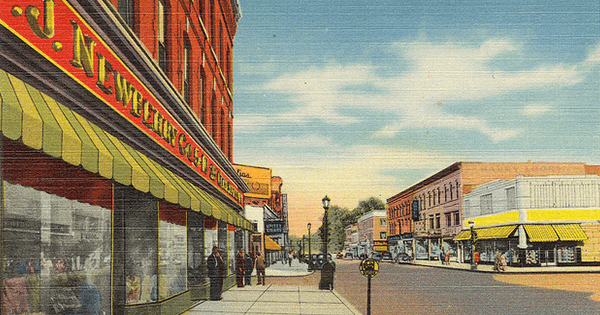
Some of the places I have visited in recent weeks: London, Paris, Berlin, Florence, Rome, Washington D.C., Brooklyn, and various small towns in New Jersey. Some are where I live or have family, others are where I’m from. Of them all, the place where I felt most off-balance was a huge Stop & Shop in Edison, New Jersey, in a strip mall I have passed through hundreds, if not thousands, of times, 20 minutes or so by car from where I grew up. Though I tried to find in the experience something to latch onto—in the familiar way the woman at the deli counter spoke to me—it only reinforced the distance. I haven’t talked like that in a long time now. It’s funny that we think of where we’re from as implying the first place we happened to know. Other than my parents, my brother, and a handful of friends, the people and experiences that have shaped me most have existed outside of where I was born.
In his new book, The Road to Somewhere, the British journalist David Goodhart proposes that the dominant political division in Britain and beyond is no longer strictly between the left and the right but between “two big value clusters: the educated, mobile people who see the world from ‘Anywhere’ and who value autonomy and fluidity, versus the more rooted, generally less well-educated people who see the world from ‘Somewhere’ and prioritize group attachments and security.” (There is also, he concedes, a large in-betweener group.) I think he is largely correct: the country in which I grew up is no longer my home, and I return to it as a tourist today.

